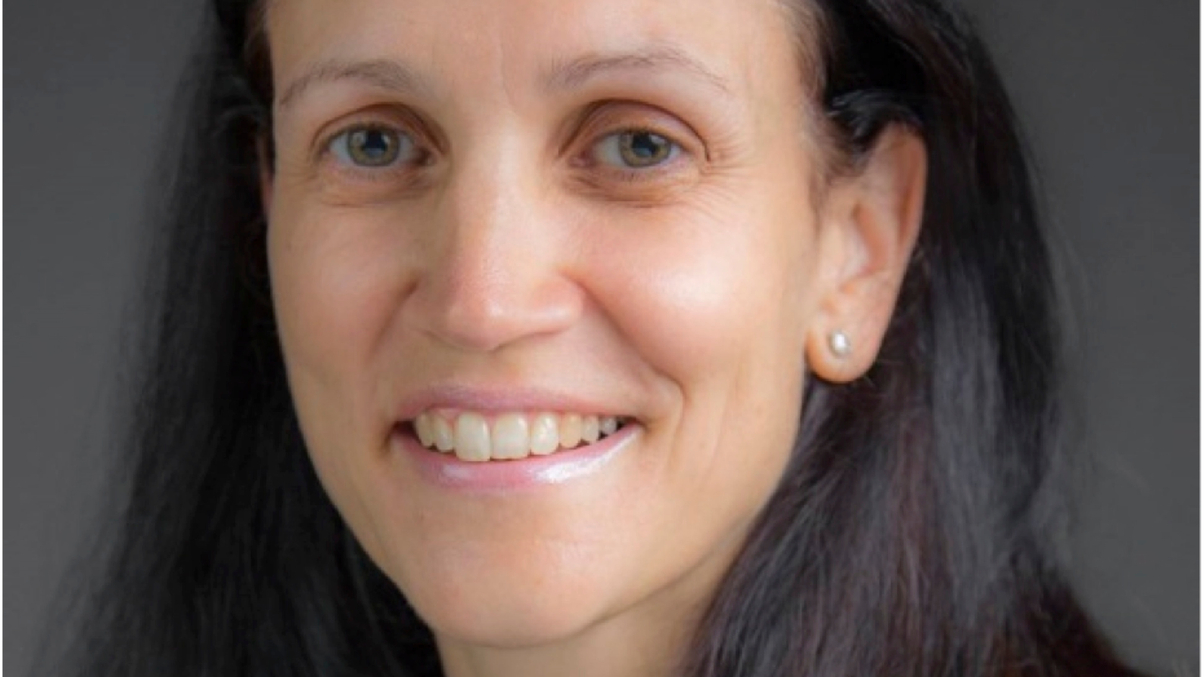Career goals seen crimping long-term investing
The world’s asset owners should be shifting investment strategies and taking a genuinely long-term approach – the trouble is that career-related short-termism can get in the way.

The low-yield environment in many of the world’s largest bond markets is unlikely to change soon, and asset owners need to adapt by shifting investment strategies and adopting a genuinely long-term perspective, argued a panel yesterday at the FT Investment Management Summit Asia in Hong Kong.
Sign In to Your Account
Access Exclusive AsianInvestor Content!
Please sign in to your subscription to unlock full access to our premium AI resources.
Free Registration & 7-Day Trial
Register now to enjoy a 7-day free trial—no registration fees required. Click the link to get started.
Note: This free trial is a one-time offer.
¬ Haymarket Media Limited. All rights reserved.


